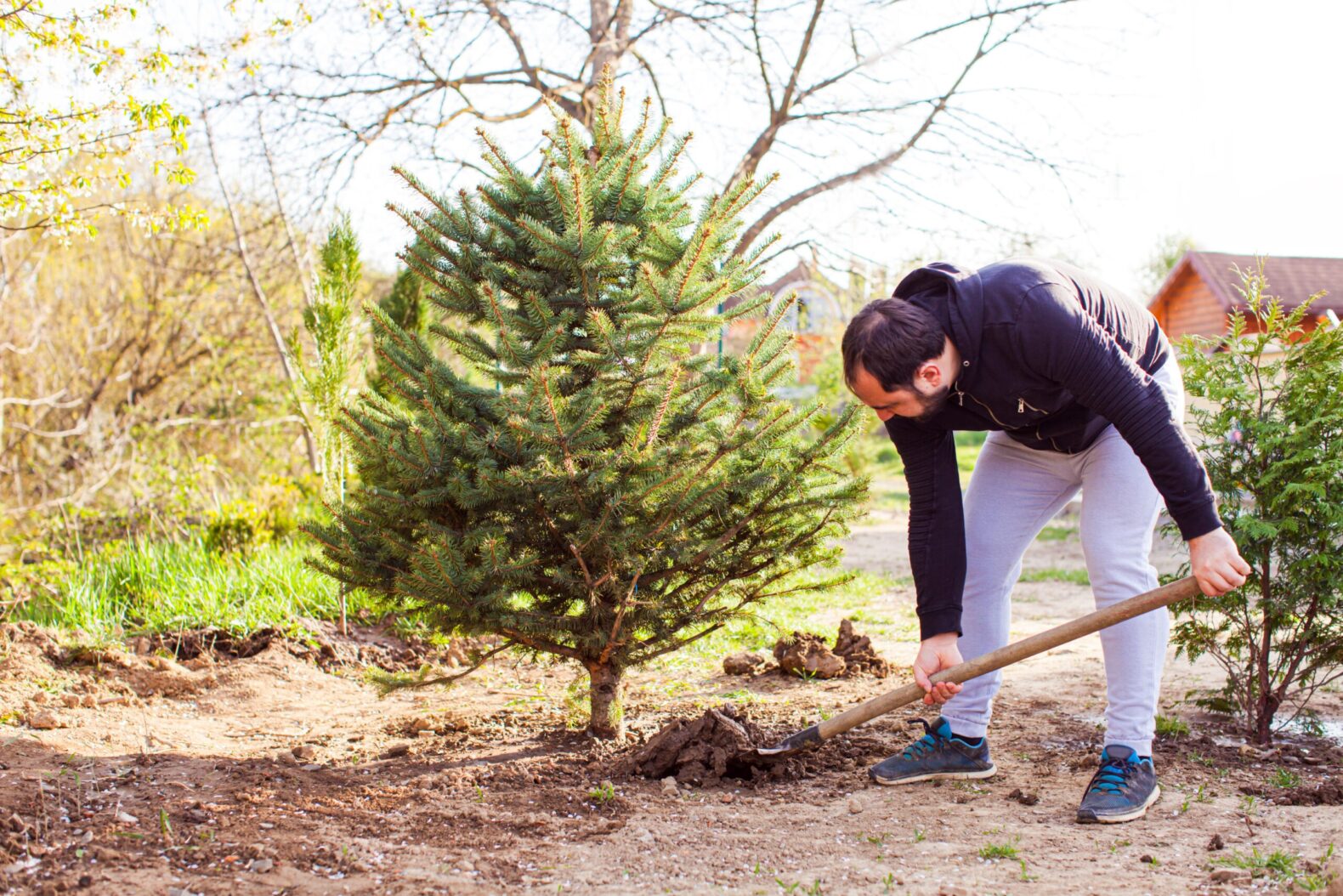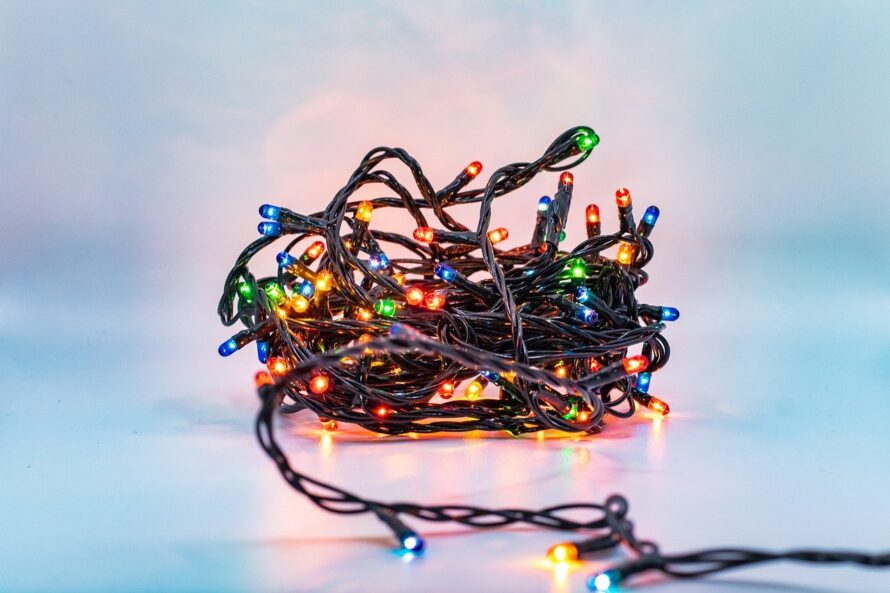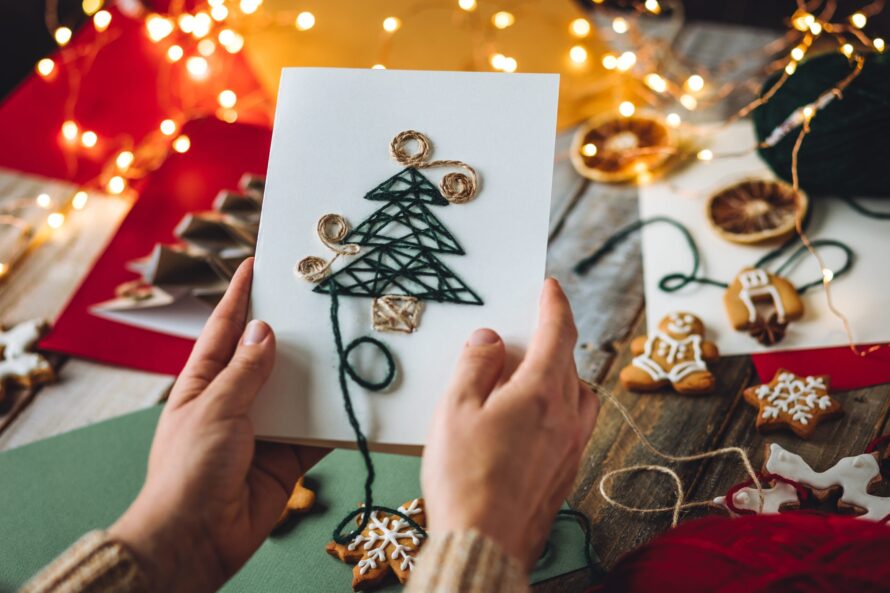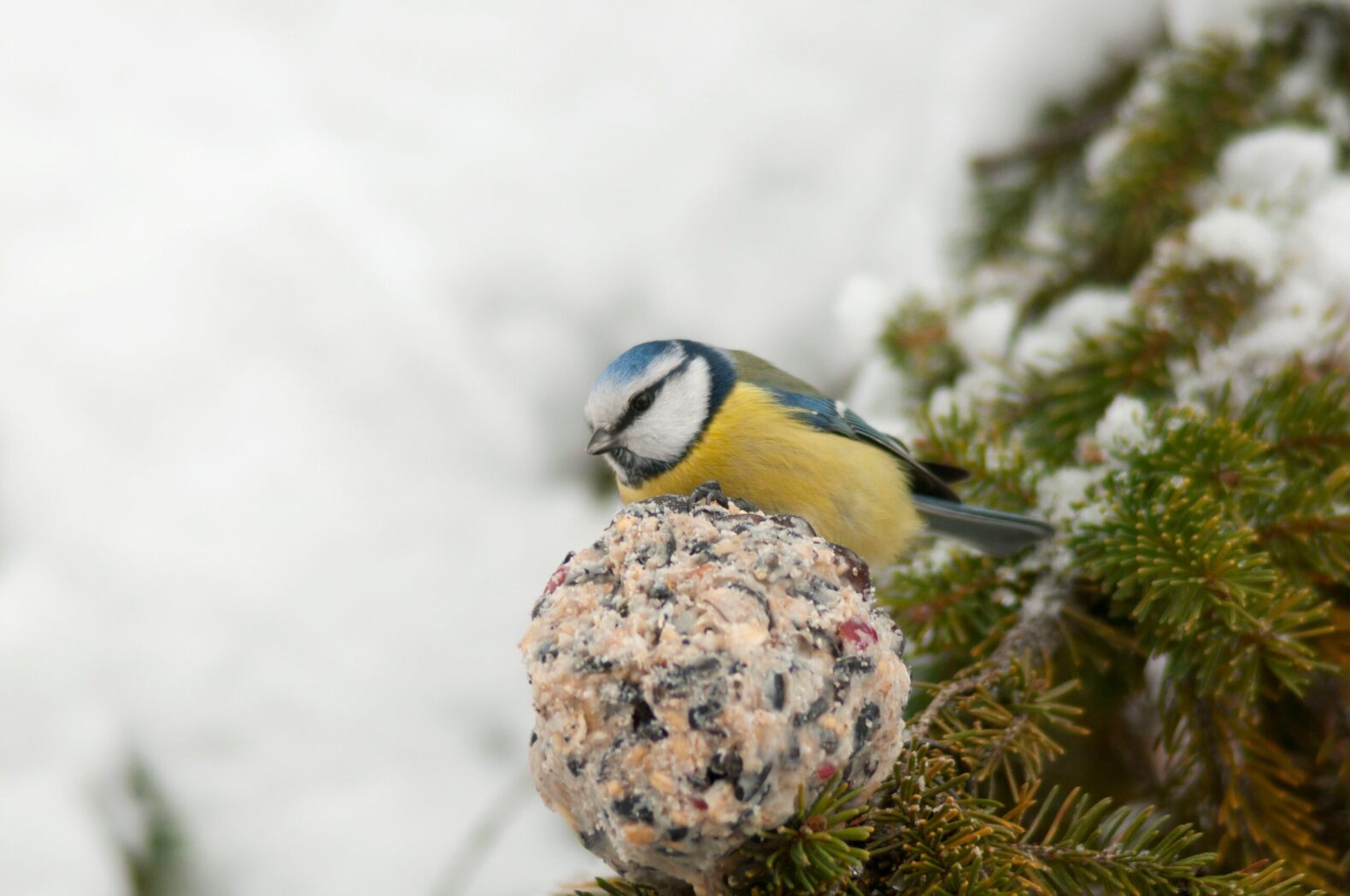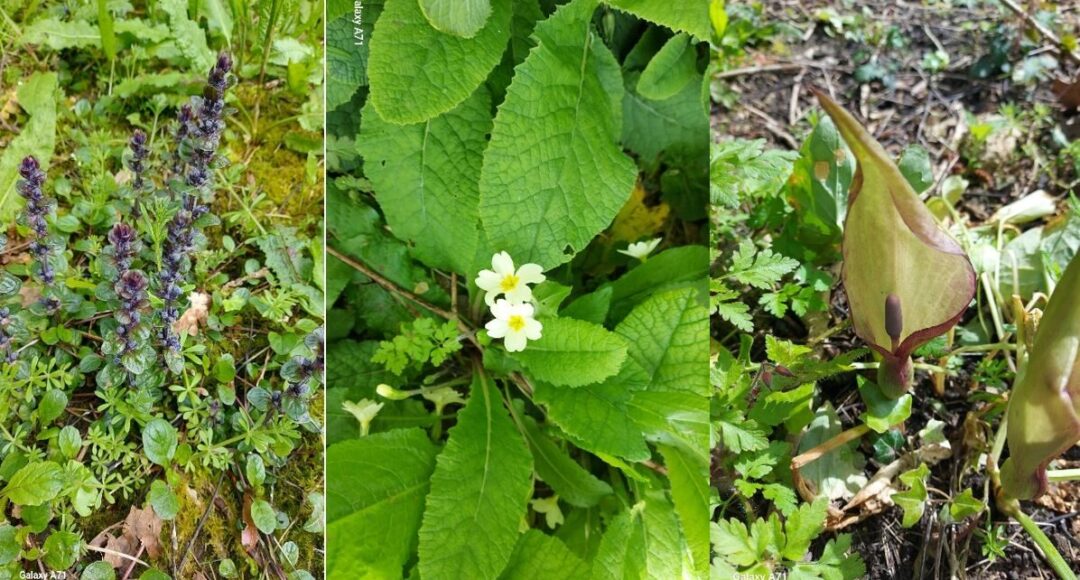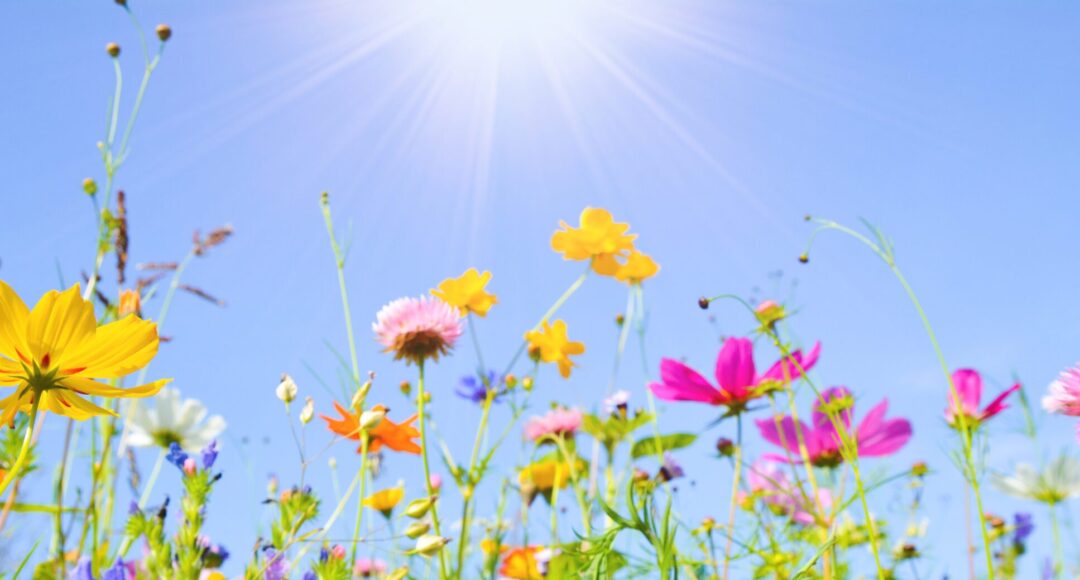Thoughtful gifts for them and the planet
When buying gifts think less but better. Put the time into picking a quality item that will last a long time. This reduces the chances of gifts going to waste and can be better for your wallet.
Look at the materials gifts are made from and keep sustainability in mind. Ensure wood and paper gifts are made from recycled or Forest Stewardship Council (FSC) certified materials. Avoid single-use plastic items that can’t be recycled and look for things like Fairtrade or Organic-certified food and clothing.
Reduce waste further by buying gifts with little or no packaging. Sometimes shopping local can help with this, especially if you have a local refill shop. If you must use packaging, use recycled, or recyclable, materials. Avoid plastic where possible, and don’t forget your reusable bags to carry all your shopping home!
Buying second hand items saves on resources needed to make new products. Vintage clothes and home furnishings, and refurbished technology can make great sustainable gifts. Or gifting an experience for your loved ones will reduce demand for physical resources. Bring people together by gifting your time or a pre-bought experience. There are lots of options to choose from that will reduce your Christmas footprint. You could buy tickets to shows, concerts or events, an animal adoption or membership. Gift a homemade coupon book. Make a restaurant booking or give a gift card. Why not plan a day out to a National Trust or Wildlife Trust location, or even make a homemade meal.

